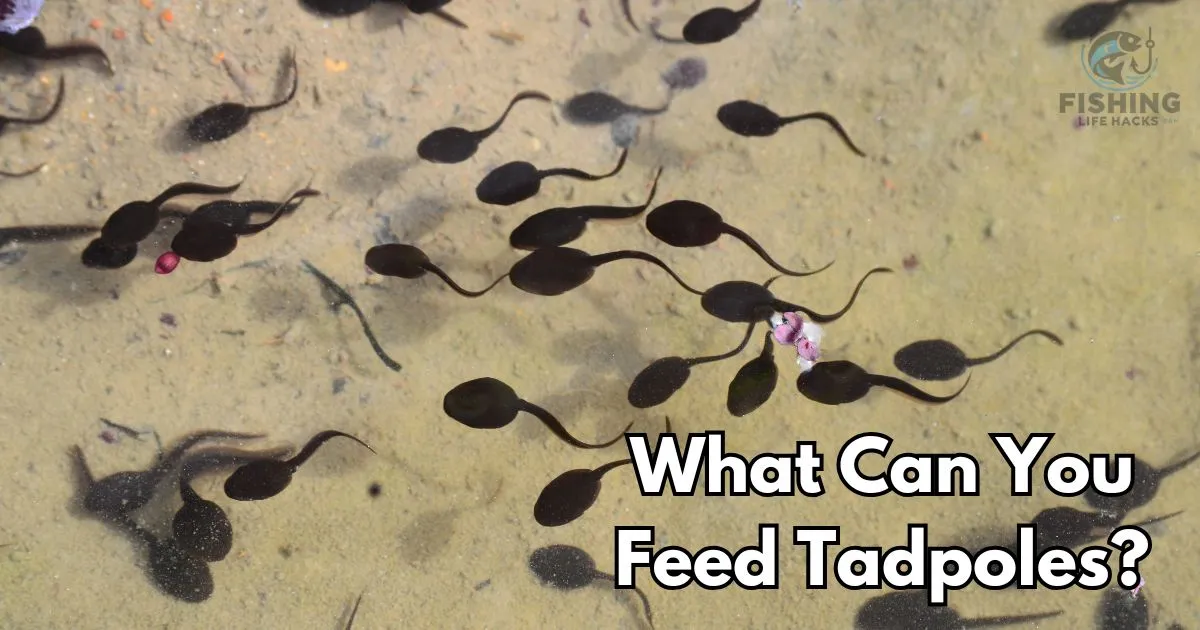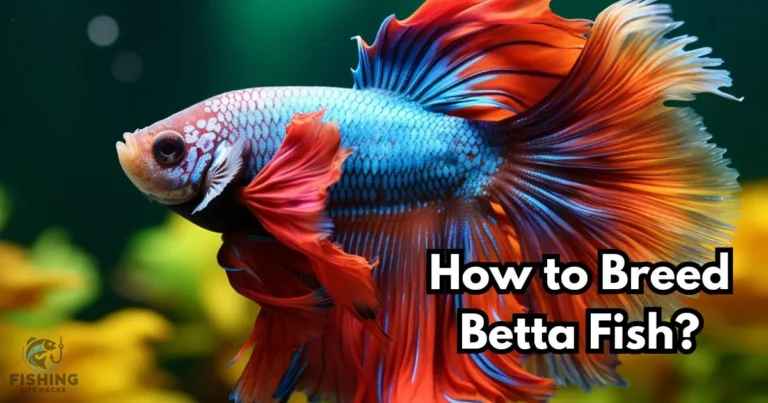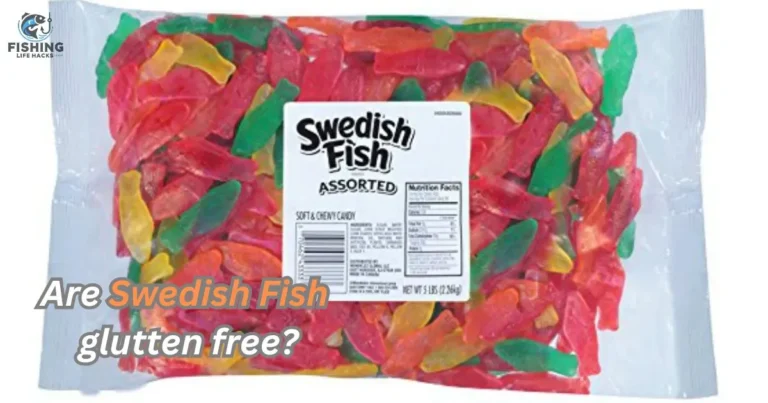What Can You Feed Tadpoles? Thier Diet and How to Feed

As soon as you discover tadpoles, it’s natural to wonder what they eat and how best to ensure their wellbeing. Tadpoles – the early life stage of frogs – have specific nutritional needs which change over time as they develop. Knowing what food sources exist specifically for feeding tadpoles is vital for their development and survival – this article will show you which are suitable.
Diets of Tadpole
Tadpoles begin life underwater as tiny egg-shaped creatures that eventually hatch into larvae, feeding off of algae and other organic matter found in the water. Over time their diet will change, so it is crucial that it adjusts with them accordingly.
What Do Tadpoles Eat Initially?
In their earliest stages, tadpoles are herbivores, relying primarily on plant material for sustenance. Algae are a key component of their diet, providing essential nutrients. You can often find algae in ponds, lakes, or aquariums where tadpoles live.
Here are some foods you can feed tadpoles at this stage:
- Algae (naturally occurring or cultivated)
- Blanched lettuce (shredded into small pieces)
- Spinach (finely chopped)
- Aquatic plants (such as duckweed)
Transitioning to Omnivorous Diets
As tadpoles develop, their nutritional needs change. Once this occurs, they will shift towards being more than plant-fed; their diet should become omnivorous with small insects, worms and other protein sources becoming part of the mix – essential to their healthy growth and muscle development.
At this stage, consider feeding them:
- Boiled egg yolk (finely mashed)
- Daphnia (water fleas)
- Worms (cut into small pieces)
- Small crustaceans (like brine shrimp)
What Should You Avoid Feeding Tadpoles?
While feeding tadpoles, it’s essential to avoid certain foods that could harm them. Some common items to avoid include:
- Human food (such as bread or junk food)
- Meat or fatty foods (which are difficult for tadpoles to digest)
- High-salt foods (which can damage their delicate systems)
Feeding Tadpoles in Captivity
If you’re raising tadpoles in an aquarium or controlled environment, make sure that you offer a range of foods. Keep the water clean, and avoid overfeeding which could compromise water quality. Tadpoles should be fed once or twice each day in small amounts they can consume within several hours.
The Role of Water Quality
Tadpoles require healthy water in order to thrive. Poor quality can have detrimental effects on their growth and ability to digest their food properly, so ensure the temperature and pH level meet tadpole needs and ensure you regularly clean out any uneaten food or waste that might remain in their ecosystem.
How Tadpoles Change Over Time
As tadpoles develop, they undergo a process called metamorphosis whereby they transform gradually into frogs. At this point, their diet changes and they begin feeding on insects and smaller animals more regularly – it is crucial that as this stage approaches they receive enough of the essential vitamins and nutrients for this transformation process.
Frequently Asked Question
Conclusion
Feeding tadpoles correctly is crucial to their development into healthy frogs. From providing them with algae in the early stages to small insects and protein-rich foods as they mature, knowing what can feed tadpoles will ensure they reach their full potential and prosper. By providing adequate diet and water quality management practices you’re helping ensure their full potential can be realized.






